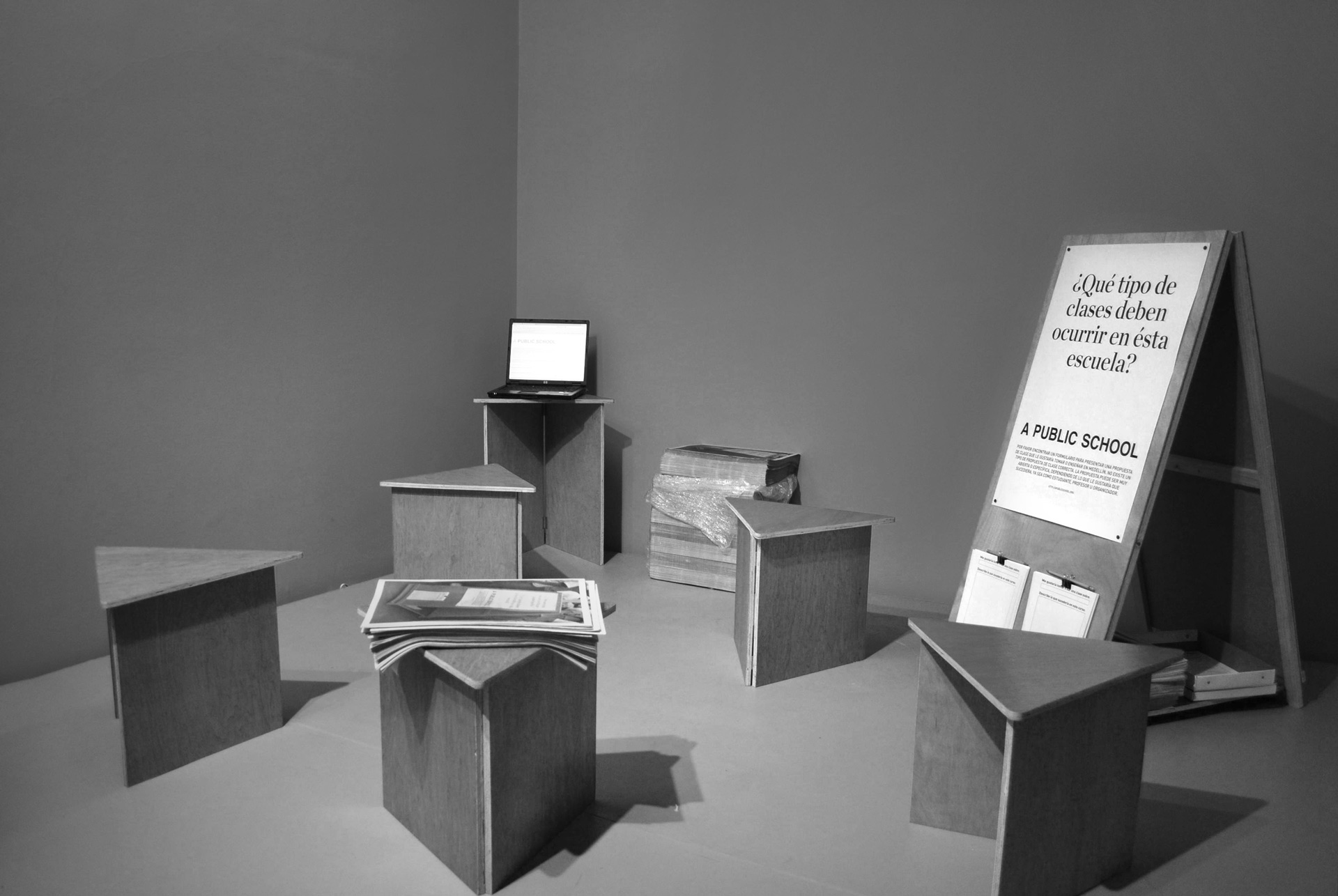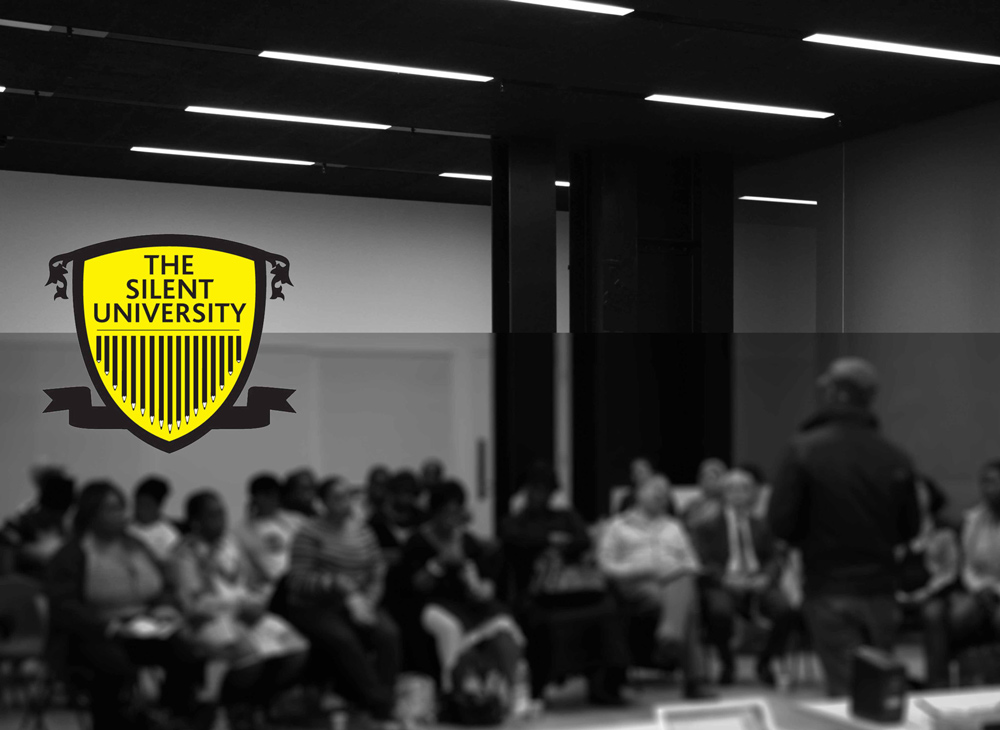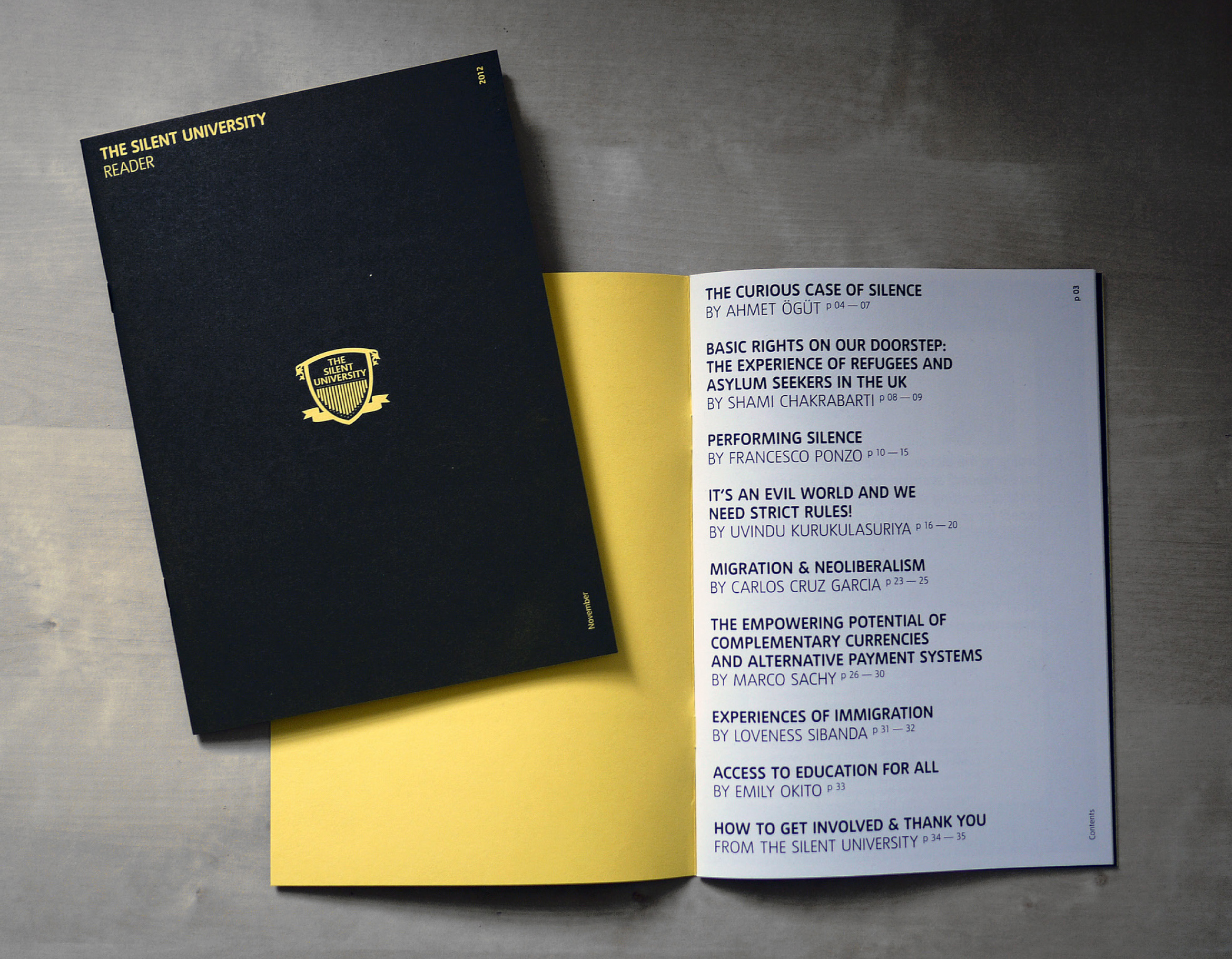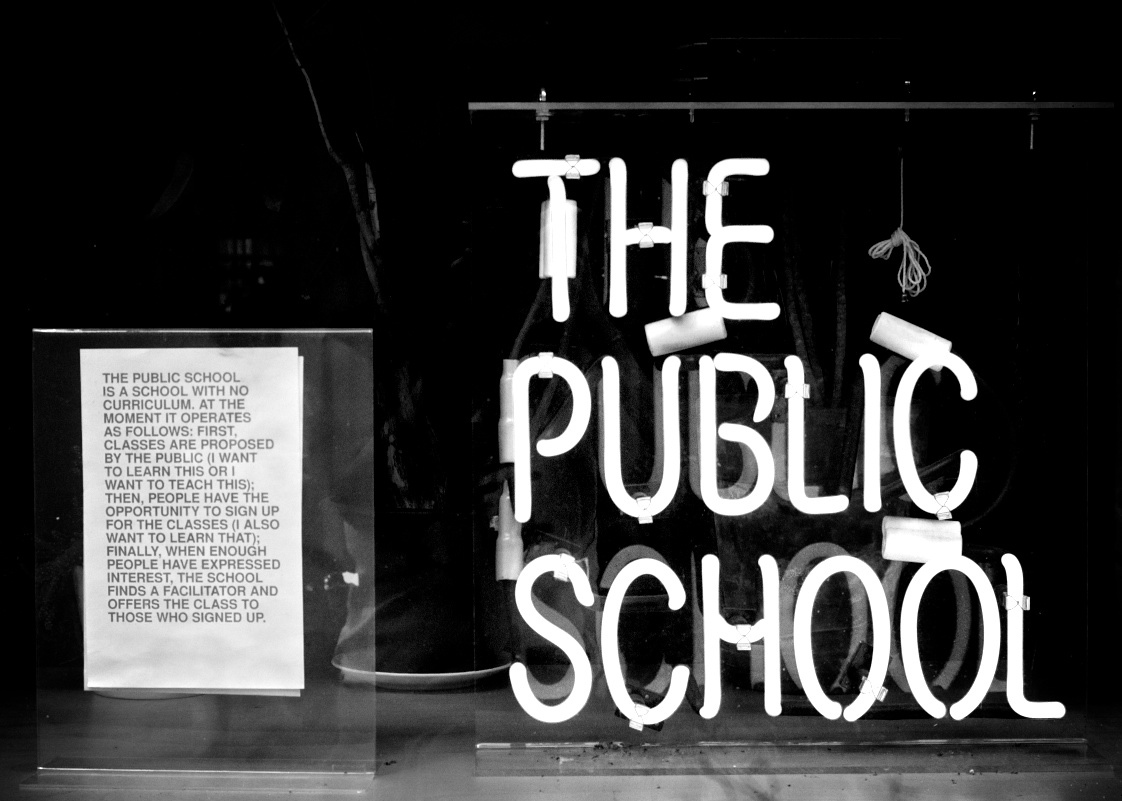-
Deschooling

SocietyLearning in the networked era
By Ethel Baraona Pohl
-

 re open source models the best way to democratise education? To learn more, we need to “unlearn” says architect, writer and publisher Ethel Baraona Pohl.
re open source models the best way to democratise education? To learn more, we need to “unlearn” says architect, writer and publisher Ethel Baraona Pohl.In the past decade the architect’s role, and consequently the way knowledge about architecture is shared, has undergone a radical shift. Several pedagogical experiments that have emerged in the past years can be understood as a clear response to the generalised – and problematic – economic, social and political situation. Economic growth from the 1980s until 2008 transformed academia itself into a commodity system, in which not only education but also our social and cultural reality became “schooled”. Yet before this period, in 1971 the philosopher, social critic and priest Ivan Illich published a book called Deschooling Society, in which he referred to the revolutionary potential of deschooling and outlined the possible use of technology to create institutions serving personal, creative, and autonomous interaction. Illich’s concept of deschooling is clearly relevant today, given the contemporary relationship between digital tools and learning, free access to information, and new economic models.
Questioning the importance of an accredited academic curriculum is the leitmotif of contemporary initiatives such as The Public School, which began in 2007 and defines itself as: “a school with no curriculum” that is not accredited and does not give out degrees. Anyone with interest can join the courses without enrolling or paying, and anyone can propose subjects that they wish to study. Similarly, the Free University NYC was conceived as a type of educational strike one day before May Day 2012, International Workers’ Day, with several days of free and open-source classes in parks and public spaces in New York City. Another model, the recently inaugurated [in 2012] Free University in Milan, offers biannual study cycles, based on face-to-face meetings with a multidisciplinary approach and with a mission to break down the hierarchies of traditional academia. But it is not just the concept of accreditation that is under reconsideration. -
The crossover of architectural education with fields like politics and economics is the basis of the Forensik Mimarlik, founded in 2014, which is focused on critical spatial practices, methodologies and architecture in the geography of areas of Turkey.
The participants work in the context of borders, politics and law, developing a research practice that deals with sites of conflict. In the same way, The Silent University, an autonomous platform by and for refugees, asylum seekers and migrants, was created in 2012 with the aim to address and reactivate the knowledge exchange of the participants. In particular sharing the experience of people who had a professional life and academic training in their home countries, but, now in the UK, are unable to use their skills or professional training due to their legal statuses.Free University installation at the Triennale di Milano‚ 2013. (Photo: Triennale di Milano)
-
»Economic growth has transformed academia itself into a commodity system. We must un-learn the traditional models that are based on unequal exchange.«


Silent University class in progress; the University reader. (Photos courtesy The Silent University)
-

Visual medium used by the Public School Los Angeles. (Photo: Julie Faith)
-
Ethel Baraona Pohl is an architect and writer, who with César Reyes Nájera founded dpr-barcelona, an innovative research studio and publishing company based in Barcelona, dealing with three main lines: publishing, criticism and curating.
dpr-barcelona.comProject links:
thepublicschool.org
freeuniversitynyc.org
ira-c.org
twitter.com/ForensikMimarlk
thesilentuniversity.org
MOOC
Far from site-specific academic practices, numerous non-site-specific initiatives have sprung up, from open-air classes to on-line courses. Practices of giving talks or teaching whole courses remotely and in real-time began a few years ago with wikis, blogs and podcasts, and have now evolved on a broad scale. One of the best-known formats currently in use is the MOOC (Massive Online Open Course), in which professors offer courses or talks for an unlimited number online students to follow. #webinar[s], now found on Twitter, are invitations to a “web seminar” open for anyone interested in whatever topic is at hand.
Are these open-source models the best way to democratise education? As with any paradigm shift, people take extreme positions on all sides, providing profound critiques of the emerging ways to share knowledge. Despite the success of some courses, the MOOC model, for instance, has been severely criticised; its detractors refer to the difficulty of maintaining academic standards. Yet this criticism can be flipped in favour of the “emancipating teacher” a term used by the philosopher Jacques Rancière in his book The Ignorant Schoolmaster (1981). Rancière wrote that every person is of equal intelligence, and that the insights from which knowledge is constructed can be found in any collective educational exercise. It would not make sense, according to this logic, to discredit the whole concept of the MOOC; evaluation of a class should be based on content. If a class is badly taught, it will be worthless even if taught within the walls of some hallowed university. And regrettably, this happens with certain regularity even in classrooms.
The most interesting developments in education may have yet to take place. All these new, intangible educational infrastructures that form part of our daily life implicitly have an enormous learning potential, but firstly we must un-learn. We must un-learn the traditional models that are based on unequal exchange. We must un-learn the academic model created more than a century ago, which aimed to produce “workers” according to the canons of the Industrial Revolution and which so far have only evolved in step with the model of capitalism. p
-
Search
-
FIND PRODUCTS
PRODUCT GROUP
- Building Materials
- Building Panels
- Building technology
- Façade
- Fittings
- Heating, Cooling, Ventilation
- Interior
- Roof
- Sanitary facilities
MANUFACTURER
- 3A Composites
- Alape
- Armstrong
- Caparol
- Eternit
- FSB
- Gira
- Hagemeister
- JUNG
- Kaldewei
- Lamberts
- Leicht
- Solarlux
- Steininger Designers
- Stiebel Eltron
- Velux
- Warema
- Wilkhahn
-
Follow Us
Tumblr
New and existing Tumblr users can connect with uncube and share our visual diary.
»Tradition is a dare for innovation.«
Alvaro Siza
Keyboard Shortcuts
- Supermenu
- Skip Articles
- Turn Pages
- Contents


